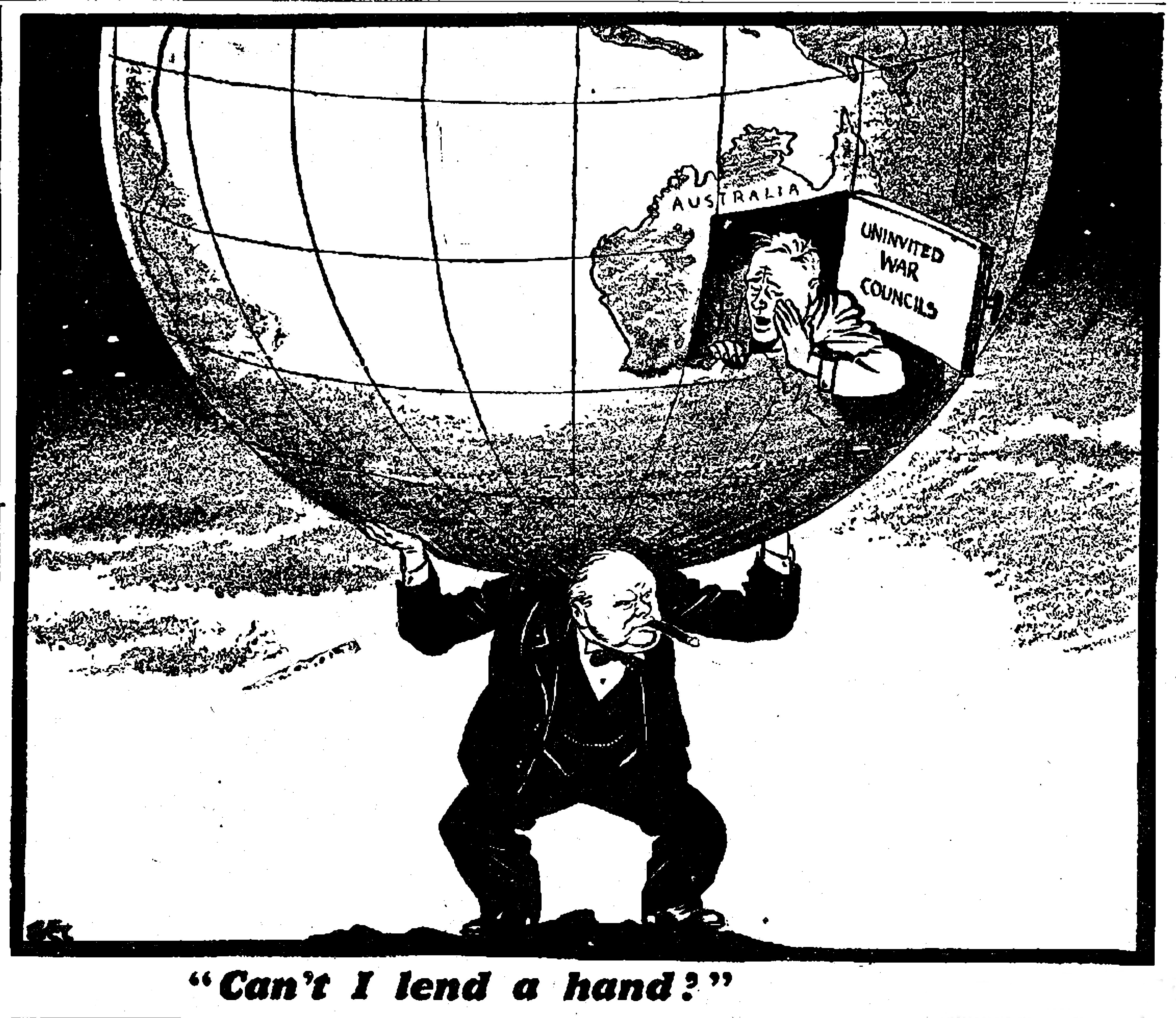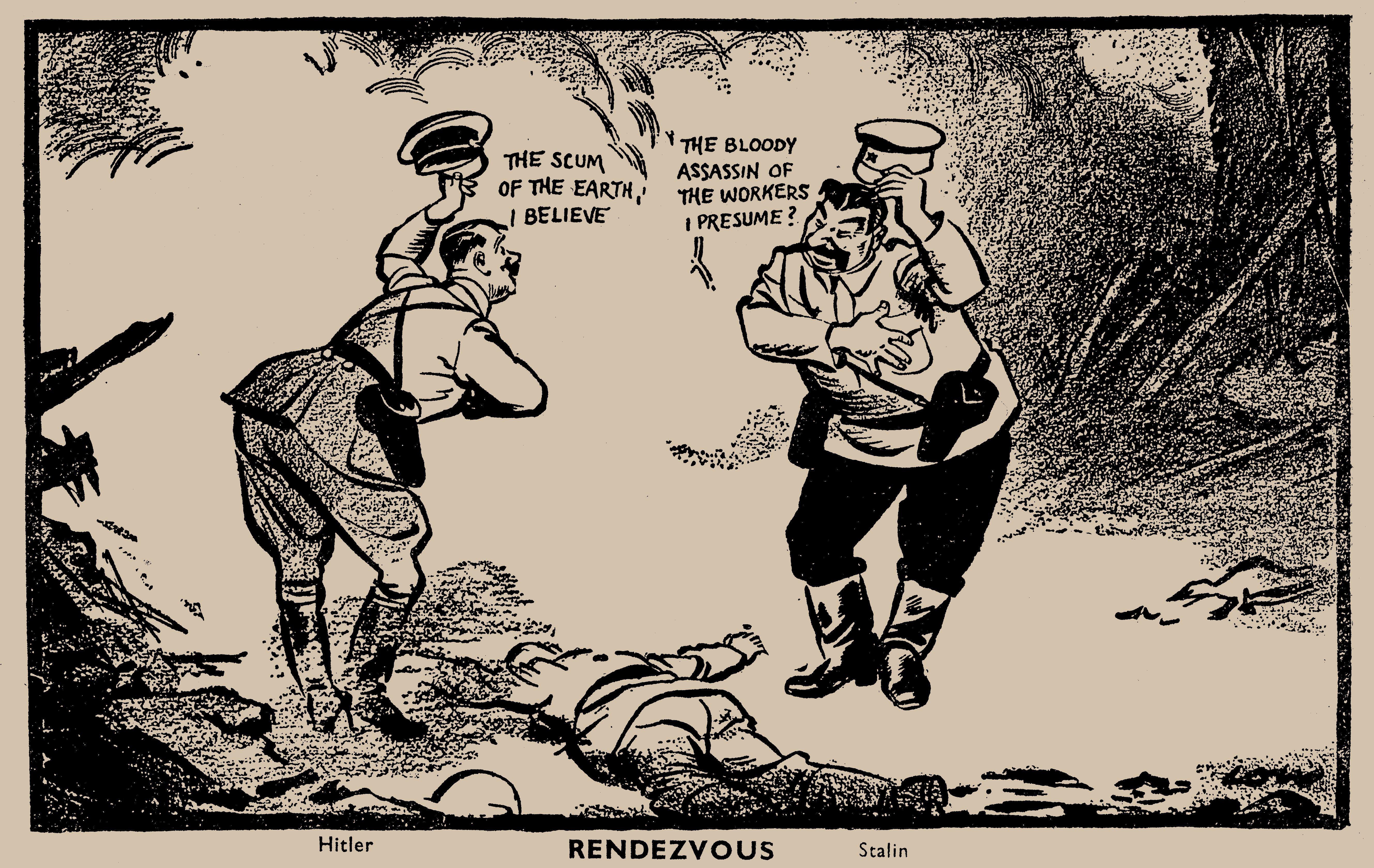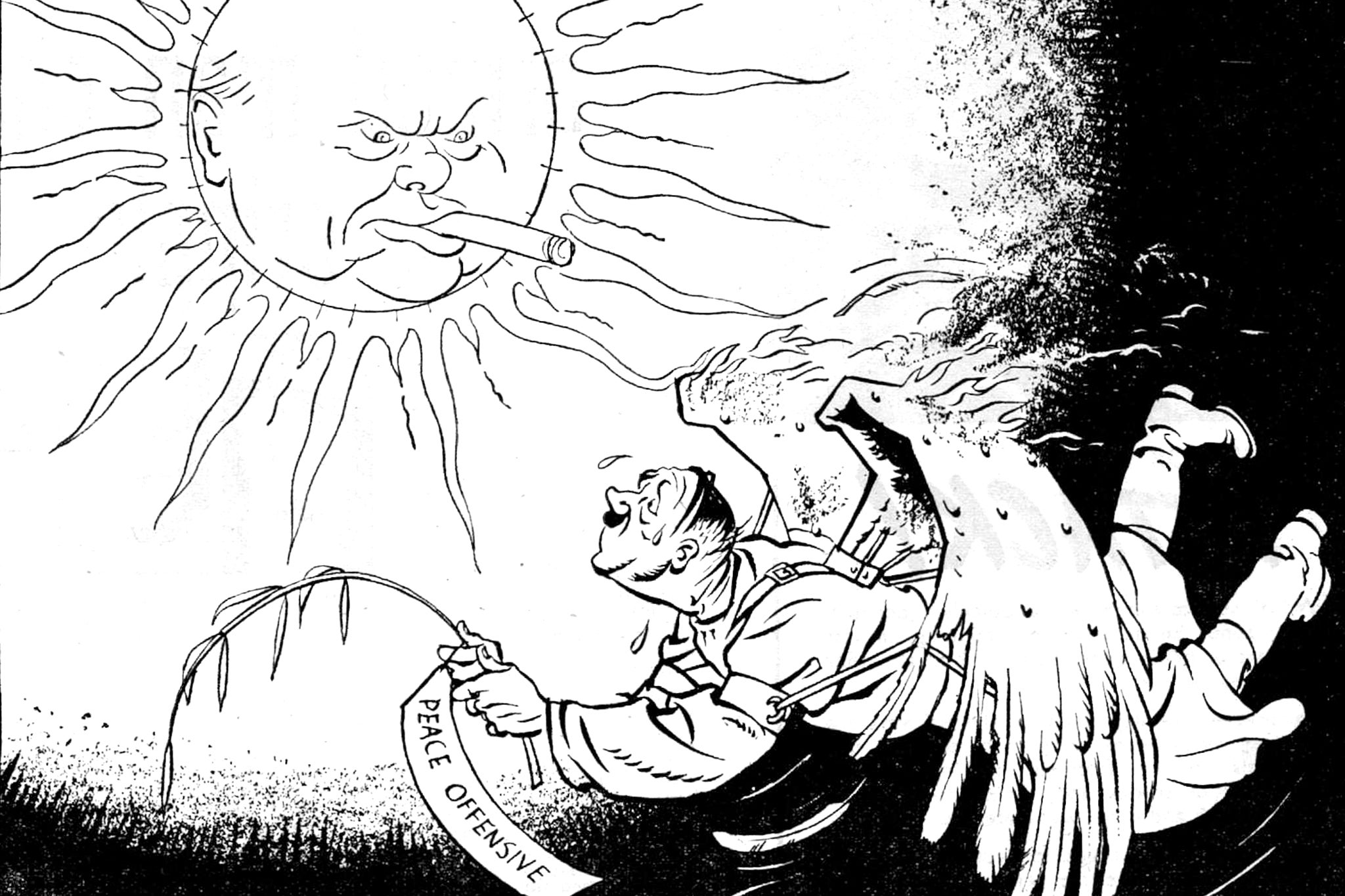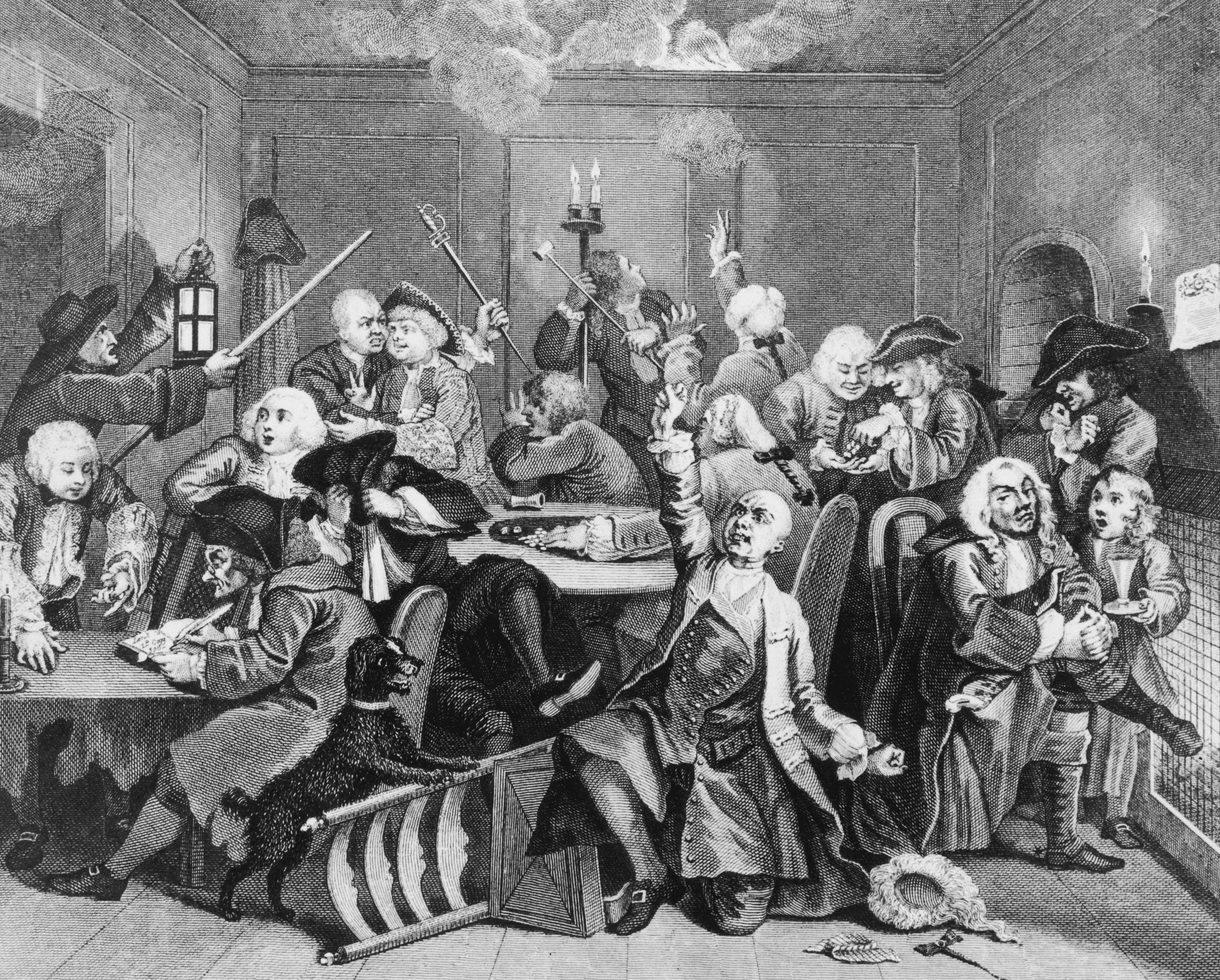The Independent's journalism is supported by our readers. When you purchase through links on our site, we may earn commission.
Satire in the age of sensitivity: Are political cartoons too hot to handle?
The career-ending cartoon of Benjamin Netanyahu by my old cartoonist Steve Bell, writes former Guardian editor Alan Rusbridger, begs many questions: was it antisemitic? Was it simply satirical? Was it too close to the bone? And the big one: has the right not to be offended now trumped the right to offend?


Imagine having a job which involves deliberately causing offence. Imagine going to work to ridicule, belittle, savage and generally humiliate others. We would shun such bitter and twisted people, right?
Not if they were cartoonists. Unless we were unlucky enough to be in their crosshairs, we might well laugh with them. We might enjoy the discomfort they cause. They might even succeed in reframing how we see a person or issue.
On the other hand, we might be offended. We might think the joke fell flat, or that they had gone too far. We might consider a particular drawing tasteless in the extreme. The mockery might even conceivably push us to an extreme – even murderous – response.
A cartoonist is, in other words, a tightrope walker.
One of the great cartoonists of our times, Steve Bell, just fell off the tightrope. His contract with The Guardian – his and my old paper – was abruptly terminated after he posted on Twitter/X a drawing of Benjamin Netanyahu which had been rejected by the paper’s editors.

Bell says he was not directly told that his cartoon was deemed antisemitic (it was itself a reference to David Levine’s 1966 depiction of Lyndon Johnson in the New York Review of Books). But there were plenty on Twitter/X who thought it was – and, equally, many who disagreed.
It would be indelicate of me, as a former editor, to offer an opinion on the incident. His old colleague, Martin Rowson, also slipped off the tightrope earlier this year for a cartoon which included a portrayal of the then BBC chairman, Richard Sharp, which struck many as using antisemitic tropes. It was easy to see why the drawing caused such upset. Rowson’s own account of how no offence was intended was also believable.
“At stake here is the British tradition of satire,” wrote Fraser Nelson, editor of The Spectator, who, while distant from Bell’s own politics, nevertheless defended him. I wonder if he may be right about a tradition under threat.
It’s hardly new for cartoons to cause immense offence. Never mind the deliberate savagery of William Hogarth or James Gillray in the 18th and 19th centuries. David Low, possibly the greatest cartoonist of the 20th century, was begged by no lesser figure than the then foreign secretary, Lord Halifax, to go easy on Adolf Hitler.

Low later recalled a lunch in 1937 in which Halifax told him of the upset his drawings caused: “Once a week Hitler had my cartoons brought out and laid on his desk in front of him, and he finished always with an explosion,” Halifax told him.
“[Hitler] was extremely sore; his vanity was badly touched. So the foreign secretary asked me to modify my criticism … in order that a better chance could be had for making friendly relations. The foreign secretary explained to me that I was a factor that was going against peace.”
Or take Philip Zec, whose wartime Daily Mirror cartoons so enraged Winston Churchill that his government considered launching a criminal prosecution for, in effect, a form of sedition.
One Zec cartoon – The Price of Petrol Has Been Increased – was, the cartoonist insisted, entirely misunderstood; the same claim Rowson and Bell would make 80-odd years later. Nonetheless, Churchill ordered MI5 to investigate Zec’s background (he was actually a left-wing Jew and hence committedly anti-fascist) and the government seriously considered shutting The Mirror down under wartime powers.

More recently, in Kenya a few years ago, I met Africa’s greatest cartoonist, Gado, who infuriates almost every politician he draws. President Uhuru Kenyatta, son of the founding president, Jomo, was so young and inexperienced when he took office that Gado regularly drew him in a nappy with a milk bottle. When the International Criminal Court pressed charges against Kenyatta (later withdrawn), he added a penal ball and chain. Kenyatta – like Hitler and Churchill – was perpetually enraged.
Gado knew he was walking a tightrope. And, sure enough, it wasn’t long before another cartoon – this one featuring the then Tanzanian president Jakaya Kikwete – cost him his job.
In recent years cartoonists have lost more than their jobs – think of the murderous 2015 attack on the editorial team at the French satirical magazine Charlie Hebdo, killing a dozen staff in retaliation for cartoons ridiculing Islam and depicting the prophet.
If the humans don’t kill or cancel you, there’s always the algorithm. The independent Oversight Board established by Meta, on which I sit, ordered the company to reinstate a post it had removed. It was a joke about the Armenian genocide.
You may think there are no jokes to be told about genocide, but they said the same when Jonathan Swift devised a number of recipes for cooking and eating babies to help solve the economic woes of the Irish in 1729. Satire is not everyone’s cup of tea, but it seems a shame to abolish it for a couple of billion people because it may (or may not) contravene one social media company’s “community standards on cruel, insensitive content.”
Is this week’s Private Eye cover (parodying what it sees as hypocrisy over Israel) daring satire or tasteless antisemitism? You will find both views robustly championed on Twitter/X. Happily, the only person who can sack its editor, Ian Hislop, is Ian Hislop – so my wild guess is that he will survive.

Hislop, Bell, Gado and Rowson are, forgive me for saying so, all getting on a bit. Is a kinder, gentler, younger generation going to generate a stream of recruits eager to clamber onto the satirists’ slippery tightrope, with all its insecurity and jeopardy?
Are we now living in an age when the right not to be offended trumps the right to offend? Does it seem needlessly cruel to ridicule people in public life?

I’m also getting on a bit. But I’m glad to have been alive in an age when satire thrived and mockery was cherished as well as, sometimes, denounced.
I love the thought of a humble Evening Standard cartoonist getting so under the skin of Hitler. Jokes can, indeed, go wrong – but when they land, they can pack a punch infinitely more powerful than a thousand or more words.
The American satirist Tom Lehrer quit when one of his regular targets, Henry Kissinger (the bombardier of Vietnam and Cambodia), was awarded the 1973 Nobel Peace Prize. Thirty years later he remarked: “Things I once thought were funny are scary now. I often feel like a resident of Pompeii who has been asked for some humorous comments on lava.”
Lehrer is now 95. I wish he’d come out of retirement.
Alan Rusbridger, a former editor of The Guardian, is editor of Prospect magazine






Join our commenting forum
Join thought-provoking conversations, follow other Independent readers and see their replies
Comments